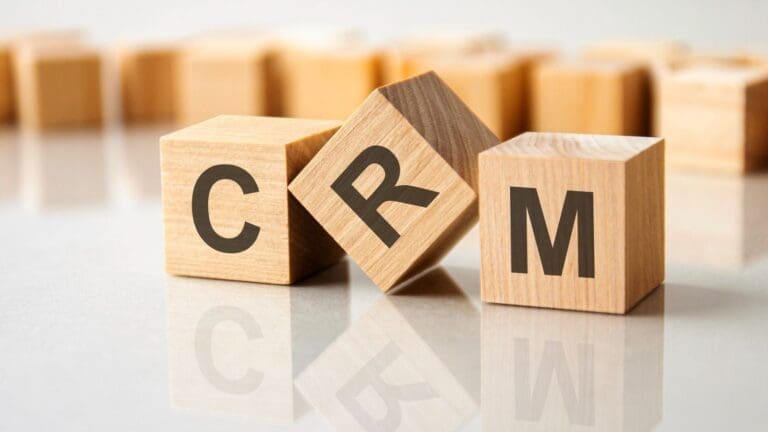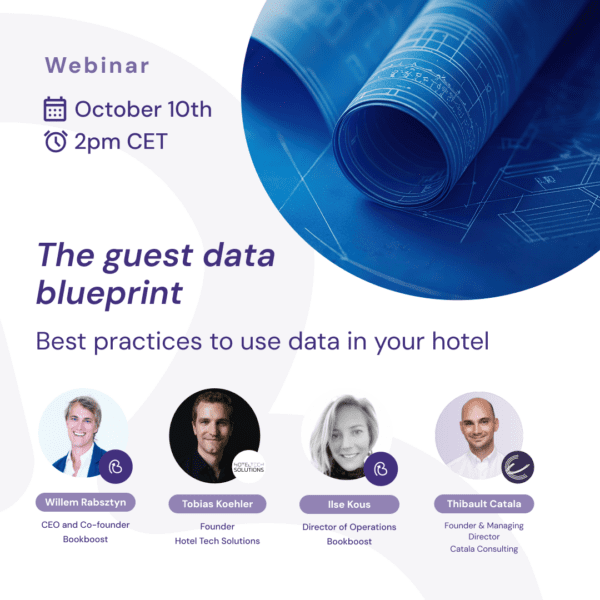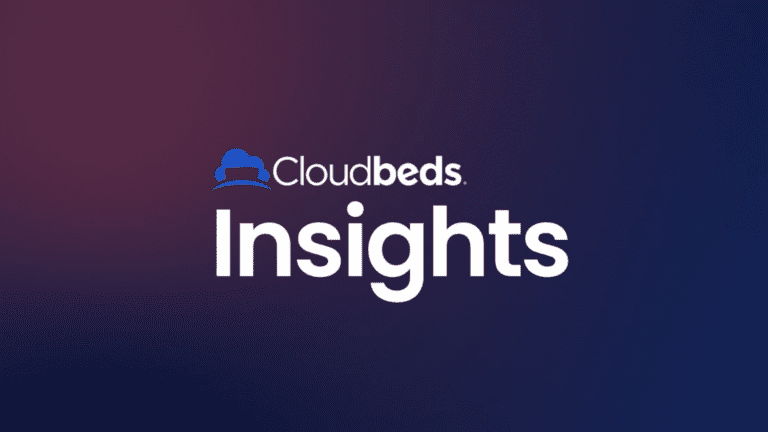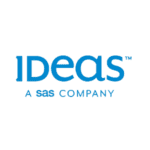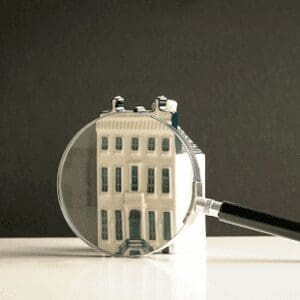 It pains us to say it (again!), but when it comes to digital transformation, the hotel sector lags behind in a number of respects. Nonetheless, many hotel groups are now embracing the concept of digitalization and moving their IT stacks – including the all-important Property Management System (PMS) – to the cloud.
It pains us to say it (again!), but when it comes to digital transformation, the hotel sector lags behind in a number of respects. Nonetheless, many hotel groups are now embracing the concept of digitalization and moving their IT stacks – including the all-important Property Management System (PMS) – to the cloud.
Of course, there are multiple advantages to adopting a cloud-based PMS. It will be faster and easier for staff to access and update the system, boosting productivity and giving them more time to spend with guests. A PMS in the cloud is easier to set up and configure and can be scaled up or down as business needs change. Advanced security software can offer better protection against data breaches or corruption than on-premise solutions, whilst facilitating compliance with data protection laws including GDPR and CCPA.
All sounds amazing, right? Indeed, migrating your PMS to the cloud could be one of the best moves your hotel groups ever makes. But, like all major projects, it has ‘Approach with caution’ written all over it! In this article, hotel tech experts at dailypoint™ offer some valuable advice to help you avoid the biggest pitfall of all: the loss of guest profile data.
Guest profile data loss – your biggest risk
As seasoned pros in the hotel tech field, we have heard many horror stories over the years about PMS upgrades that have gone wrong. Most of these involve the loss of precious guest profile data that has been built up in the PMS over the years: stay histories, preferences, behaviors, and so on. In other words, all the information you need to provide each guest with a high-quality, personalized experience whenever they stay with you.
However, don’t take that the wrong way. It is standard practice to push guest profiles to the new PMS, but this often happens without all the necessary details.
“The consequences of losing all those guest profile details do not bear thinking about,” says Dr. Michael Toedt, CEO of dailypoint™. “Today’s post-pandemic guest does not just ask to be treated as an individual, they demand it. So, if they are used to receiving personalized offers and information, and to always having their preferred room type and settings, they will not be pleased if next time they stay with you, none of this happens because their guest profile data has disappeared en route to the cloud!
“Unhappy guests will vote with their feet, hurting the hotel’s bottom line due to the loss of repeat business. Worse still, the nature of today’s digital age means their dissatisfaction could end up plastered across numerous online review websites. Not good news for the hotel’s reputation.”
Unfortunately, the consequences of guest profile data loss do not stop at reputational and financial damage caused by a dip in service levels. From missing reservation data to human error caused by the need to manually input new and/or existing data during the transfer process, a clunky PMS upgrade can cause no end of problems. Sales and marketing processes will be impacted due to the hotel being unable to personalize its communications like before. And if marketing preference data has also been lost, no outbound communications will be possible at all, until each individual has opted back in.
There could even be legal ramifications if poor quality data, such as multiple versions of guest profiles or outdated personal identifiers, is simply moved from an on-premise system into the cloud – potentially breaching data protection regulations and leaving your company open to prosecution. (We did say above that a cloud-based PMS can help facilitate data privacy compliance, but only if the data that is uploaded to it is compliant in the first place – and the buck stops with you, not the PMS vendor.)
How to minimize guest profile data loss when upgrading your PMS
As the saying goes: “Fail to plan and you plan to fail.” So, our first piece of advice is: do not rush into a PMS cloud upgrade. Take your time. There are several processes that are imperative to follow before and during the transfer. Here are our recommendations.
1. Cleanse and audit your data
This means getting rid of data you no longer need and cleansing guest profiles so only the latest and most accurate version of each gets transferred to the cloud. Having said that, do not be tempted just to discard data because it is over a certain age, say four years old. There may be invaluable guest histories there that will be advantageous to keep.
But do not think you can clean and merge data manually! You’ll need to use a professional Data Quality Management (DQM) system like the dailypoint Data Laundry™ to properly manage your data assets to the required standards.
Other considerations include identifying and removing data that it is no longer legal to keep and, if relevant, restrictions around transferring personal data outside the EU (see the Privacy Shield Judgement for example).
2. Make a plan to ensure data security during and after the upgrade
There are two main aspects to cover here: securing the data whilst it is in transit, and managing access privileges before and after migration. Whether your PMS files are to be transferred virtually or physically, there must be a secure encryption process in place and the mechanism used to effect the transfer must be fit for purpose. In other words, you can forget to use insecure systems such as email attachments, file-sharing software, or FTP servers.
During conversion, access to guest profile data should be as restricted as possible to maintain its security and integrity. This is an opportunity to review ongoing access privileges after the move to the cloud and implement extra layers of security, such as stronger password requirements and two-factor authentication. You could take the opportunity to refresh your team’s data privacy training, too.
3. Decide what to do with your old equipment and files
You would be astounded to know what some hotels do with their old servers, hard drives, and so on. Sometimes, they are just thrown away in the general garbage – unwiped and still intact and usable! Whilst this is thankfully rare, planning in advance how old equipment and files will be redeployed or disposed of is important.
Services such as hard drive shredding will, after all, need to be booked in advance so there is no “window of opportunity” for data or equipment loss (accidental or otherwise…) further to decommissioning.
Whether you simply wipe your old files or have everything destroyed, do make sure that any legacy data needed for legal or accounting purposes is backed up first and kept in a secure location.
4. Our final piece of advice: choose the right vendor!
At the risk of putting the cart before the horse, we have left this until the end. Of course, you should really select your cloud PMS provider before starting the above process, as a good vendor will be able to assist you with steps 1 to 3, as well as to ensure the safe transfer of your invaluable guest profile data.
With this article in mind, you should be able to ask your proposed vendor all the right questions. As a last piece of advice: please put everything you agree on with your chosen supplier as an attachment or addendum to the contract. After all, it is not always over-selling which leads to problems at a later stage; sometimes salespeople may not have as deep an understanding of the topic as they should have.





